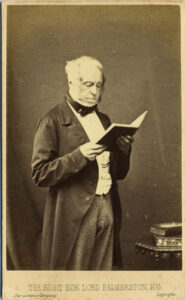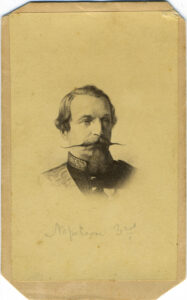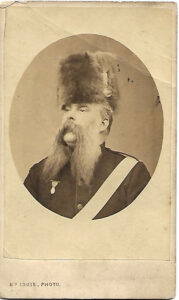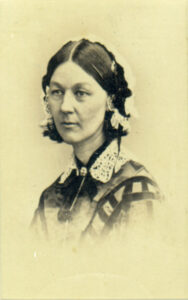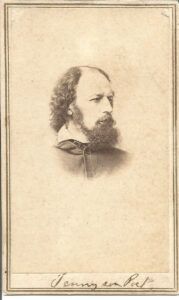Section #11 - Other Military Conflicts
The Crimean War: September 1853-February 1856
The Crimean War is fought over Russia’s determination to expand its control of the fragile Ottoman Empire land to its south and the combined French and British commitment to denying that outcome to preserve stability in the region.
The flashpoint occurs in October 1853 with Tsar Nicholas I’s ultimatum that all Eastern Orthodox residents in the Ottoman Empire be placed under his protection. In response, British Prime Minister Lord Palmerston and his close ally, Emperor Napoleon III (Bonaparte’s nephew), organize a 50,000 man expeditionary force which heads to the Black Sea. On September 14, 1854, the troops disembark in Crimea, Russian territory since 1783 when Catherine the Great seized it from the Ottomans.
Their primary goal is the conquest of the major Russian port at Sevastopol at the southwestern tip of Crimea. On September 20, 1854, the Allies are victorious at the Battle of the Alma, 30 miles northeast of Sevastopol. On October 25 they press from the southeast at the Battle of Balaklava, site of the futile Charge of the Light Brigade. On November 5, comes another Allied win at Inkerman directly west of their target. The Siege of Sevastopol that follows lasts for 322 days and is marked by over 100,000 casualties on both sides, many from devastating bouts of typhus, cholera and dysentery.
After Nicholas I dies in March, 1855, his less militaristic son, Alexander II, withdraws from Sevastopol on September 11, 1855, sinking his fleet in the harbor and blowing up his fortifications. Six months later, on March 6, 1856, The Peace Treaty of Paris is signed, the result being renewed propping up of the Ottoman territory by France and Britain and denial of Russia’s expansionary attempts in the region. The treaty further designates neutrality for the entire Black Sea and outlaws Russian warships from sailing its waters.
The Crimean War is also remembered for the remarkable nursing work of Florence Nightingale and her subsequent crusade in Britain to improve hospital sanitation and create professional standards and recognition for nurses. To the wounded and dying soldiers at the Scutari Hospital in Istanbul she will always be “the lady with the lamp,” there to comfort their distress.
Finally, there is Lord Alfred Tennyson, Poet Laureate of Britain, and his 1854 narrative poem immortalizing the ill-fated charge of Lord Cardigan and his 600 man Light Brigade against Russian cannon at Balaklava.
Half a league, half a league,
Half a league onward,
All in the valley of Death
Rode the six hundred.
Cannon to right of them,
Cannon to left of them,
Cannon in front of them
Volley’d and thunder’d;
Storm’d at with shot and shell,
Boldly they rode and well,
Into the jaws of Death,
Into the mouth of Hell
Rode the six hundred.
Of those who rode out with Cardigan, 118 were killed, 127 wounded and another 60 were captured. Cardigan is subsequently promoted to Field Marshal while the two men who ordered him into the charge – Lords Raglan and Lucan – are harshly judged by their peers.
Photo Gallery
